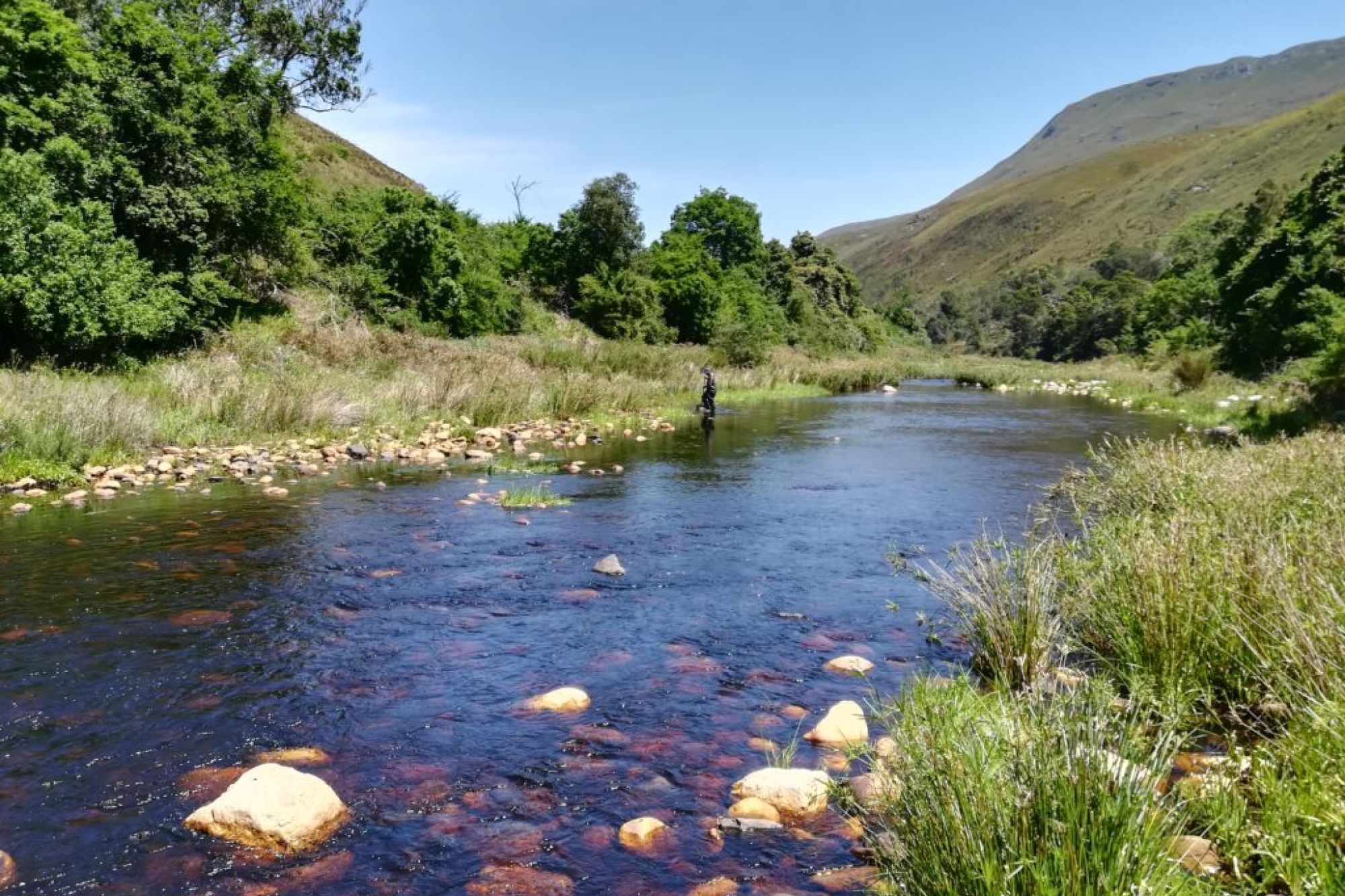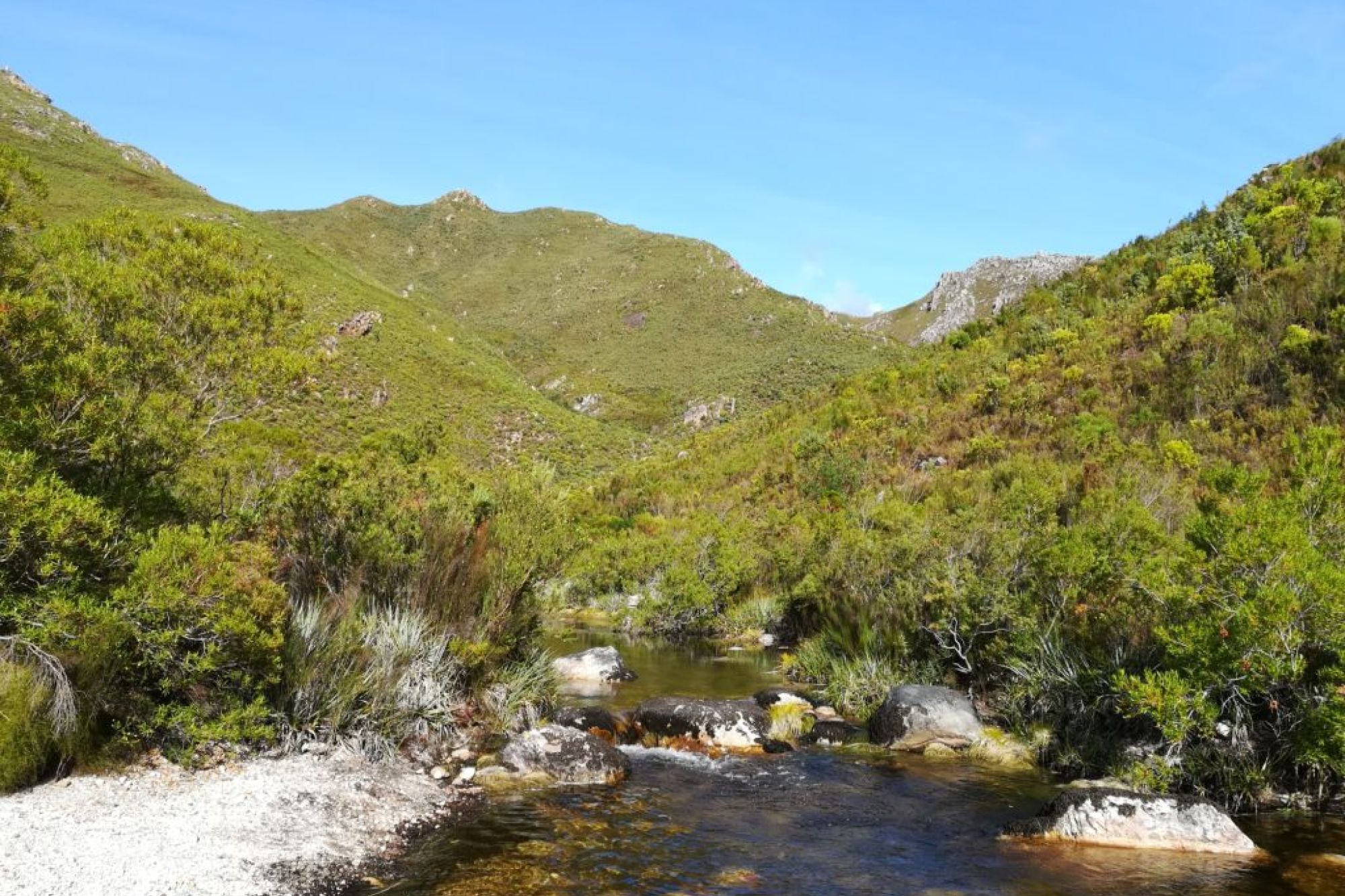
Sustainable Water Management
By Jeanne Gouws, CapeNature Ecologist
Water is a finite resource, which leads to various pressures on this resource driven by the right of every citizen on this planet for access to enough clean water. For example, the drought of 2016 to 2018 in the Western Cape has highlighted the need for the sustainable management of our rivers, wetlands and groundwater resources. But for the average citizen, this concept might seem foreign…or maybe less so now than before the drought?

Sustainable water resource management is very much a response to threats such as unsustainable water use, pollution of water and insufficient water supply practices, amongst other pressures. Add the effects of climate change, especially the increase in frequency and severity of extreme events like droughts and floods, and the intensity of these pressures increases even more. However, the trick lies with maintaining a long-term vision and actions that keeps track of the increased and continuous impacts associated with, for example, population growth and climate change. Here in the Western Cape Province, there are efforts towards this, but much more political buy-in is needed to ensure longevity of projects.

To implement sustainable management, one first needs to gain an understanding of the freshwater ecosystems. Ask the questions: What is the condition of the rivers, wetlands and aquifers? What can we do to improve these conditions and ensure water provision into the future?
Well, in the Western Cape, we know our lower foothill and lowland rivers and wetlands are in dire straits. Most of these ecosystems carry high levels of chemical, mineral and plastic pollution, making it unfit for use. Our mountain streams, seepage wetlands and upper foothill systems are generally in better condition and better protected.
Therefore, one focus towards sustainable management, as per the United Nations global Sustainable Development Goal 6 (https://sdgs.un.org/goals), should be towards improving water quality. A focus on improving and maintaining water quantity naturally goes hand in hand with clean water. Efforts linked to water quantity in the Western Cape for example, include the numerous Invasive Alien Plant clearing projects in the catchments. Here an example of current efforts are the Invasive Alien Plant clearing projects coordinated through the Greater Cape Town Water Fund (https://www.nature.org/en-us/about-us/where-we-work/africa/south-africa/).
In essence, through working together on all levels, from government to civil society, we can aim for and achieve sustainable water use, lowering pollution levels and protecting our water factories in the mountain catchment areas. But don’t forget that the plants and animals that call freshwater ecosystems home, also strongly rely on enough clean water and intact habitats. So sustainable management must be comprehensive and all-encompassing in its considerations.




